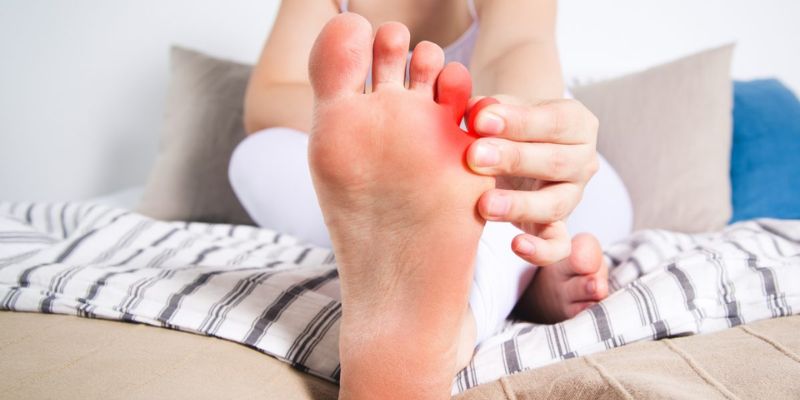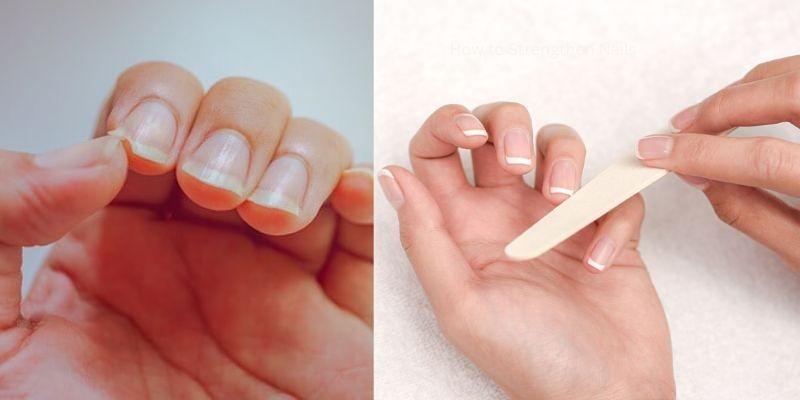Getting enough quality sleep is crucial to your health. Without it, the brain and body can't accomplish what they're designed to do, like fight off illness or win the next TikTok dance challenge.
However, in all seriousness, getting enough shut-eye is proven to affect our emotional and physical well-being positively. However, more people in recent years have admitted to suffering from sleep deprivation, which indicates a decline in both the quality and amount of their sleep.
Methods Of Getting A Good Night's Rest

Even if we can't always choose our sleeping hours, we can select our mental approach to the subject. If you want to improve the quality of your sleep, as well as your circadian rhythm, sleep pressure, and activation levels, try adopting these ten practices.
Avoid Emotional Triggers Before Sleeping
If you let yourself get worked up on social media, your emotions will be amplified, and you will feel more alert and distracted. A lack of sleep can hurt our mental health, and experiencing intense feelings can make falling asleep difficult. Sleep deprivation makes it harder to remember happy memories, studies reveal.
Make Nighttime Relaxing
Do something relaxing like reading, taking a bath, doing light yoga, or listening to soothing music or a bedtime tale. These soft things before bed have been shown to help you drift off more easily. The Sleep Cycle app features an enormous sound collection, including music, guided meditations, and bedtime stories to help you go off to sleep.
Avoid Late-Day Naps
While short naps throughout the day might be helpful, taking long naps in the middle of the day or late at night can adversely affect your nighttime rest. Naps longer than 20 minutes might throw off your sleep schedule and disrupt your internal clock, so it's best to avoid them if you want to maintain a healthy sleep pressure at night.
Avoid Caffeine After Noon
I don't need to tell you that. It's common knowledge that you already know this. Also, we're all human and need that occasional midday pick-me-up of a cup of coffee at 4:00 p.m. That's OK; remember that it may affect your ability to get some shut-eye. Caffeine use up to 6 hours before bedtime has been shown to disturb sleep in one research.
Don't Drink Too Much
To repeat, we're all human. On rare occasions, we tend to drink a little too much. It's important to remember that even while alcohol may help you nod off faster, it's been related to less restful sleep overall.
For instance, alcohol can initiate or exacerbate sleep disorders' symptoms, including snoring, sleep apnea, and parasomnias. It has even been shown to interfere with the body's generation of melatonin, a hormone essential to maintaining a healthy circadian rhythm.
Use Tech Wisely Before Bed
The ideal situation would be to put away electronic devices at least two hours before bedtime. Most of us keep our electronic devices on late into the night. In addition, that is hardly a relaxing activity.
Don't beat yourself up if you can't give up technology permanently just now. Give yourself one or two nights a week to read a book instead of using any electronic device. Remember that blue light can also prevent melatonin from being produced typically.
Spend The Day Outside
A good circadian rhythm relies on exposure to sunlight. The sleep-wake cycle can be more easily regulated by exposing oneself to natural light during the day and reducing exposure to artificial light in the evening.
You'll feel refreshed during the day, and better sleep at night as a result of this. Getting sun before bed has been shown to help persons with insomnia get to sleep faster and stay asleep longer, according to research conducted in the 1990s.
Sleep Meditation Prepares The Mind And Body For Bedtime

If you've never meditated before or haven't done so, getting back into the habit may feel impossible. Meditation before bed improves the overall quality of sleep and has been shown to aid in the transition into slumber.
Spend just a few minutes, and you'll quickly discover what works best for you. We at Sleep Cycle hope our special breathing instructions and sleep meditation stories will help you get off to a restful night's sleep.
Allow For Self-Reflection.
Think to yourself, "What is keeping me awake?" Make a note of all the things you do in the evening, and then think about what helps you relax and how you may include it in your routine. The Sleep Cycle app's sleep notes may be used as a guide when deciding what time to set your smart alarm. That will aid in recalling specific actions or emotions from that day. Check back with your list in a few months to see if you want to alter anything.




